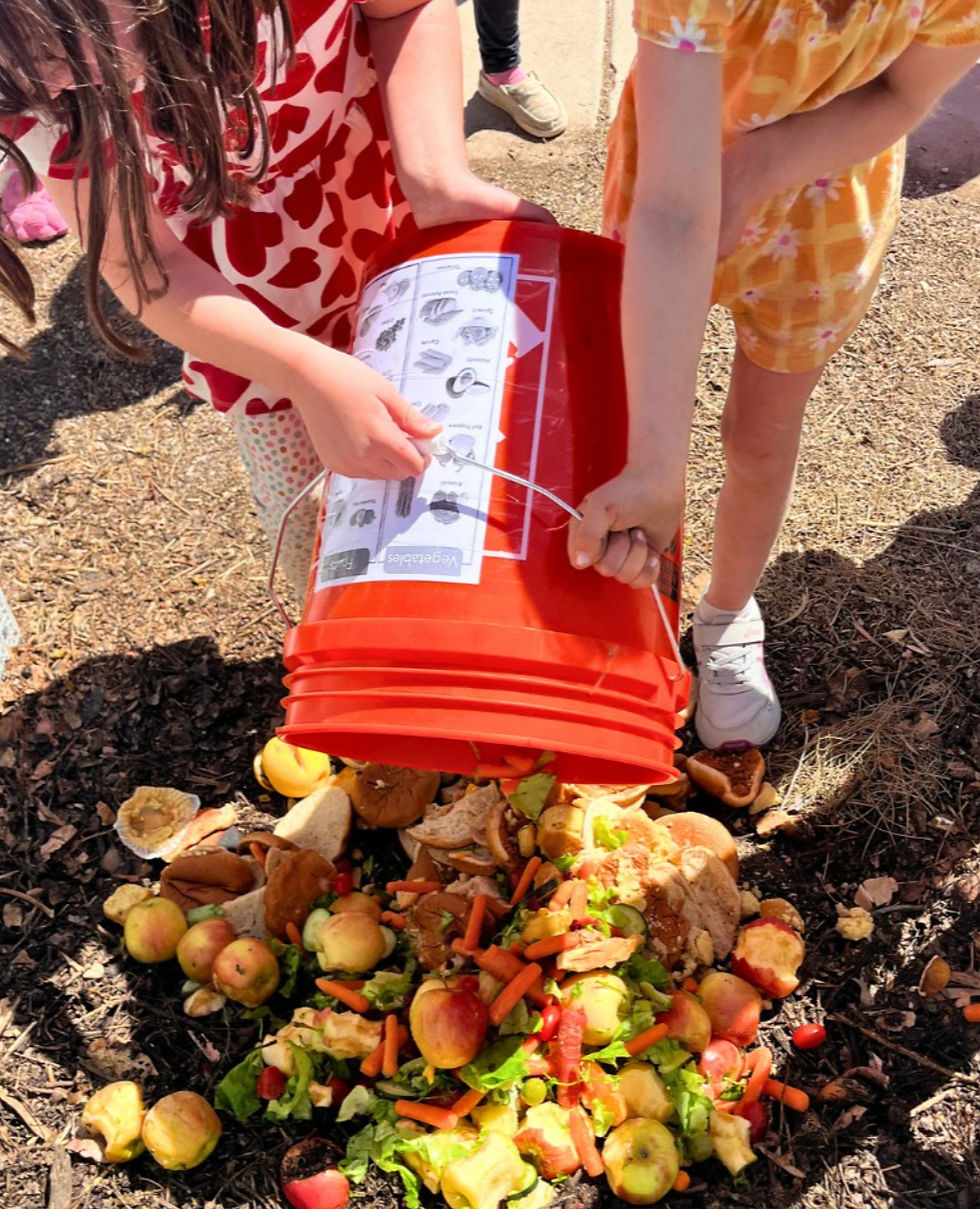Simple Ways to Build and Grow a School Garden Program
- Lauren Click

- Jul 8, 2025
- 3 min read
Updated: Oct 24, 2025
In an effort to educate students about food and nutrition, provide STEM learning opportunities, and foster environmental stewardship, many schools have taken up admirable and impactful school garden initiatives. However, for a variety of reasons, schools may find it difficult to properly maintain their gardens and make them more independent. In this article, we offer some ideas that schools can apply to build and sustain more long-term, independent gardens that will continue to enrich students’ learning experiences.

We focus on two key ways in which schools can sustain and promote more independent, long-term gardens:
Building a strong volunteer base by targeting specific volunteer groups
Marketing and incentivizing
Building a Strong School Garden Volunteer Base by Targeting Specific Volunteer Groups
By targeting specific volunteer groups, schools can build a strong and reliable volunteer base made up of people who are eager to help maintain the school’s garden. For example, schools can target:
Churches
Girl Scouts
4H clubs
Retirement communities
Medical schools
Dietician programs
Environment/sustainability-related college/high school clubs and organizations
Parent clubs (e.g., Parent-Teacher Organization)
High school and college student volunteer groups (or students seeking mandatory volunteer hours)
Service sororities/fraternities
NHS or NJHS groups
This is by no means an exhaustive list. There are endless possibilities, and each community offers unique volunteer groups!

Outreach can be conducted via email, phone/voicemail, and social media. To optimize time spent conducting outreach and ensure that the volunteer request is persuasive and clear, we recommend that schools use our brief template, listed below, with information about 1) why school gardens are essential for student learning, 2) what impact volunteers can make, 3) what volunteers can expect, and 4) how they will be rewarded (if applicable). Conducting outreach and building a strong volunteer base will help ensure that school gardens flourish year-round and continue providing students with valuable and formative learning opportunities.
Marketing and Incentivizing
Marketing and incentivizing are also key to building more independent school gardens. Schools can market their gardens by
Creating a school garden Instagram or TikTok
Creating a Facebook, WhatsApp, or Slack group for volunteers
Reaching out to target groups (see above section)
Hanging up a flyer or two at a local YMCA, local grocery stores/restaurants, in the school cafeteria, and similar spots
Discussing and incorporating the school garden in course curricula to promote interest among students

Schools can incentivize volunteer participation by:
Working with a local coffee shop or food truck for snacks and water for volunteers
Doing crop harvests or potted plant giveaways
Purchasing some baked goods and coffee for a small breakfast station for volunteers
Offering signed volunteer hours
Hosting a volunteer weekend cookout or potluck
Setting up a sustainable craft station (especially for an upcoming holiday)
Providing small pots and/or seeds as a thank-you gift (or can create friendly competition by offering larger giveaways for those who accomplish the most work)
With the right outreach, incentives, and visibility, schools can turn their gardens into lasting, student-centered spaces that grow both food and future leaders.
School Garden Volunteer Sign Up Template Form
[School Name] Garden Volunteers Wanted
Upcoming Garden Day
Location: [School Name, Full Address]
Date: [Insert Date]
Time: [Insert Time Range]
Details: [What to wear, what to bring, weather considerations, etc.]
Sign-Up: [Insert Link]
Get Involved This School Year
We’re looking for committed volunteers to help maintain and support our school garden. Whether you’re a parent, student, neighbor, or community member, your time makes a difference!
Why Volunteer?
School gardens offer hands-on learning that supports academic success, healthier eating habits, and social-emotional development. They also foster environmental stewardship, improve air and soil quality, and promote biodiversity. Volunteers directly support student learning, strengthen community connections, and contribute to a healthier local environment.
Common activities include planting, watering, weeding, harvesting, and composting. Volunteer days are typically seasonal and last 2–3 hours. [Adjust as needed] [Insert details about rewards, recognition, or other benefits, if applicable.]
Questions? Contact us at [Insert Contact Information].
Thank you for your interest and support!
About Let’s Go Compost
Let’s Go Compost is a national nonprofit making composting simple, affordable, and accessible for schools, families, and communities. Our programs bring hands-on compost education to classrooms across the United States, helping children and educators turn food waste into learning opportunities that build responsibility and respect for the natural world.
Learn more about our programs at letsgocompost.org and support our work at letsgocompost.org/donate.


